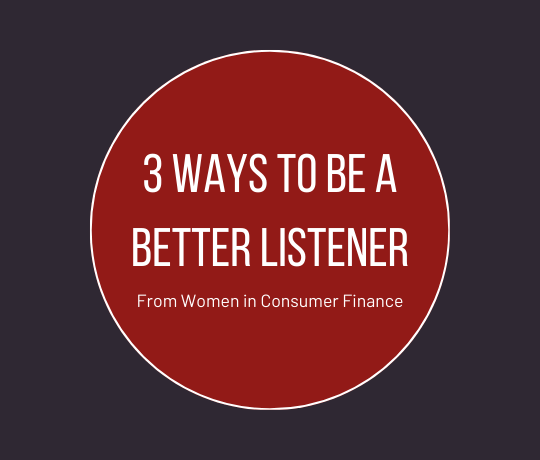In today's fast-paced world, the art of listening has become increasingly valuable—and increasingly rare. This article explores the importance of listening, why it can be difficult, and provides practical tips on how to become a better listener.
.png?width=640&height=427&name=SB%20Preview%20Images%20(38).png)
Why Listening Matters
Sure, we all know it’s important to listen to others, but why is that, really? What makes it so crucial?
First of all, genuine listening helps establish connections with others. When we actively listen to others, we convey that we value their thoughts and emotions, fostering rapport and building trust. Everyone desires to be heard, and attentive listening fulfills this fundamental human need. When we take the time to listen to others, they are more likely to reciprocate and listen to us. By engaging in active listening, we create an environment of mutual respect and understanding, increasing the chances of our ideas being considered and accepted.
If we aim to change someone's perspective or opinion, it is crucial to comprehend their mindset. Listening allows us to gain insight into their thoughts, beliefs, and concerns, providing a foundation for effective communication and influencing change. This is especially important for making sales or convincing others of the value you bring.
What makes it so hard?
Our minds are often filled with an array of thoughts, distractions, and preconceived notions that hinder our ability to listen attentively. It is essential to create mental and emotional space, allowing us to focus on the speaker and their message. In order to do that, it’s important to make time to listen to ourselves.
This could look like therapy, journaling, or simply sitting with your thoughts, free of distraction. Recognizing our own thoughts, biases, and emotional state enables us to let go of initial reactions and biases, making room for genuine understanding.
How can we improve?
-
Stop planning your response.
When in conversation, we’re often thinking, “Where do I agree? Where do I disagree? What am I going to say in response?” We’re ten steps ahead of what they’re saying, already forming conclusions and retorts before even hearing them out. This can lead to misconceptions, misunderstandings, and miscommunications, not to mention unnecessary frustration on both sides. Let go of the need to plan the next thing you say and instead allow yourself to go on the journey of whatever the other person is saying.
-
Shift the focus.
Authentic listening requires shifting the spotlight from ourselves to the other person. Instead of constantly thinking about how their words impact us, we should concentrate on the speaker's words and perspectives. We should endeavor to step into their shoes, rather than wait for them to stop talking so that we can share our own thoughts.
-
Read between the lines.
Listening is not limited to what is explicitly expressed; it involves understanding the underlying emotions and unspoken needs of the speaker. By paying attention to nonverbal cues, tone of voice, and body language, we can decipher the hidden messages and respond more effectively.
In an age dominated by noise and the clamor for attention, listening is the key to meaningful communication. By recognizing the importance of listening and understanding the challenges it presents, we can actively work towards becoming better listeners. Through cultivating genuine empathy, focusing on others, and listening beyond the words, we can foster stronger relationships, bridge divides, and unlock the full potential of human connections. Remember, listening is not just polite, it is the foundation upon which successful negotiations, positive relationships, and personal growth are built.



-Nov-07-2023-06-38-17-8684-PM.png)